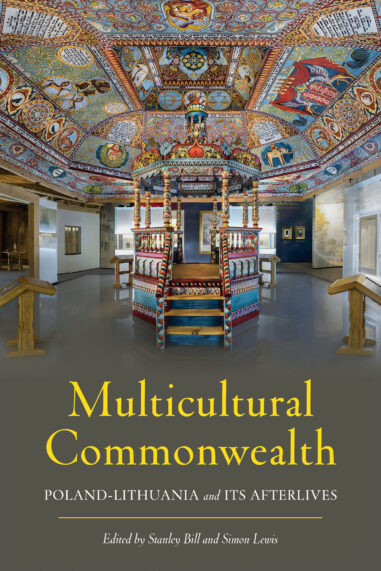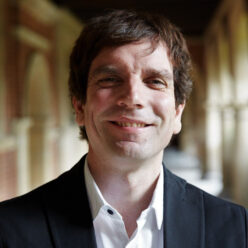The Polish-Lithuanian Commonwealth (1569–1795) was once the largest country in Europe—a multicultural republic that was home to Belarusians, Germans, Jews, Lithuanians, Poles, Ruthenians, Tatars, Ukrainians, and other ethnic and religious groups. Although long since dissolved, the Commonwealth remains a rich resource for mythmakingin its descendent modern-day states, but also a source of contention between those with different understandings of its history.Multicultural Commonwealth brings together the expertise of world-renowned scholars in a range of disciplines to present perspectives on both the Commonwealth’s historical diversity and the memory of this diversity. With cutting-edge research on the intermeshed histories and memories of different ethnic and religious groups of the Commonwealth, this volume asks how various contemporary conceptions of multiculturalism can be applied to the region through a critical lens that also seeks to understand the past on its own terms.




